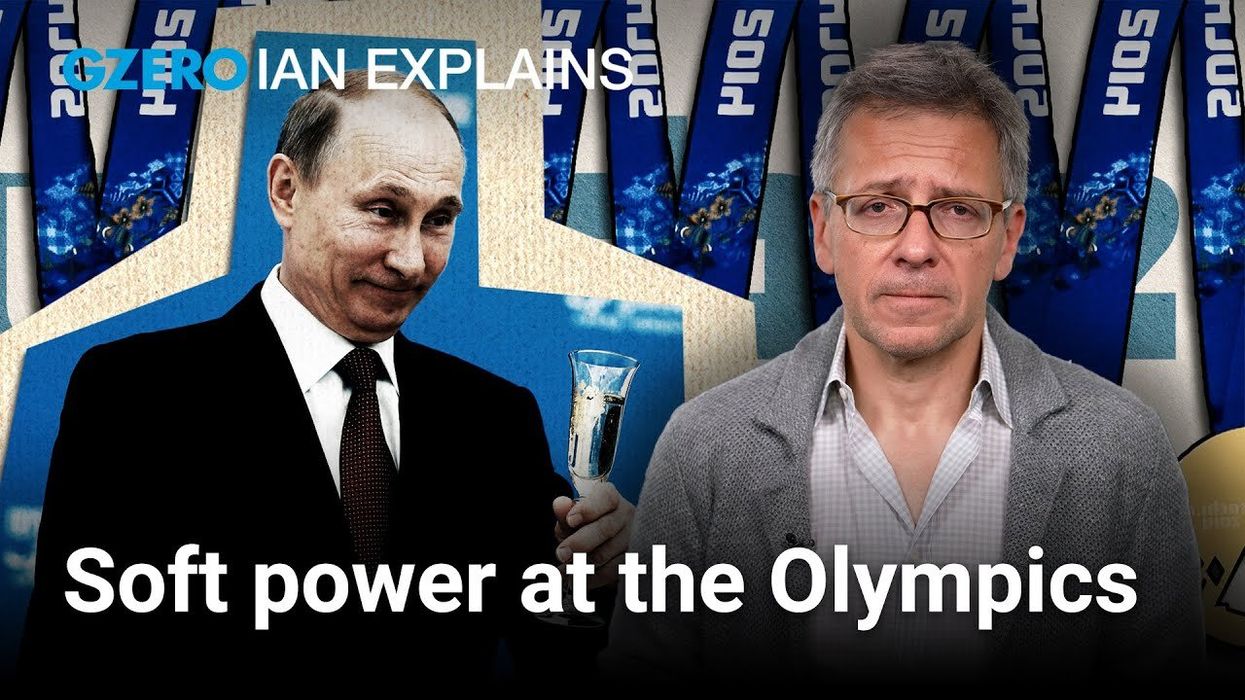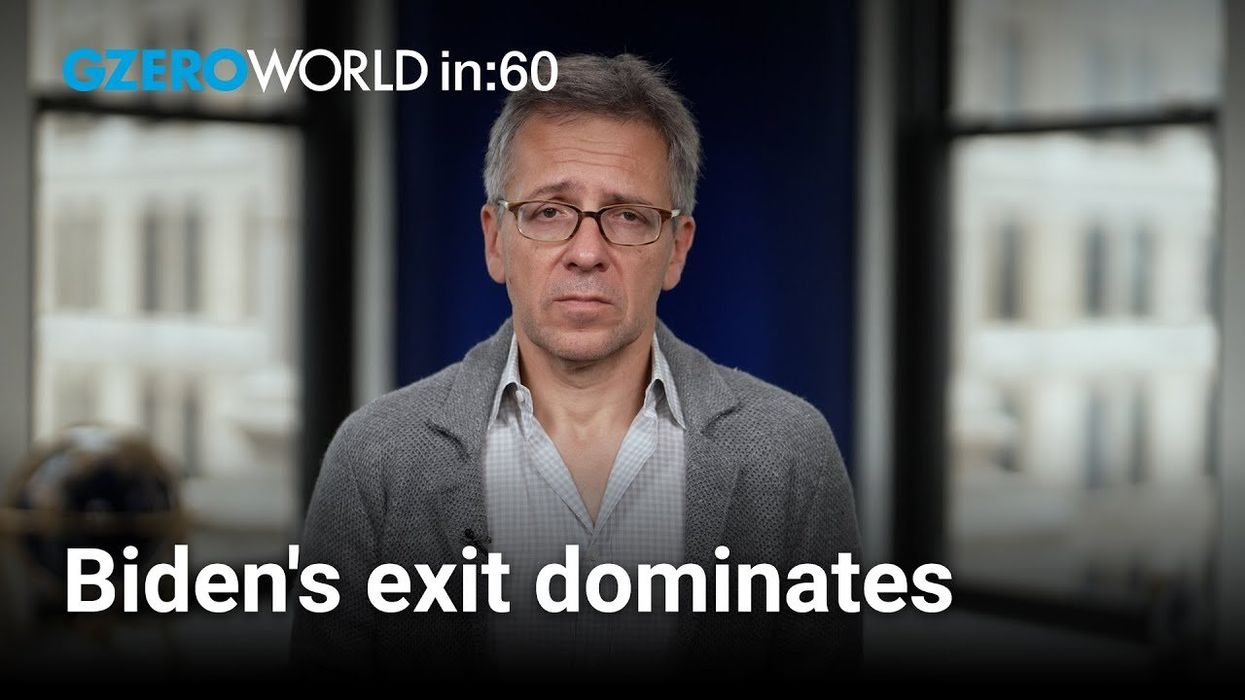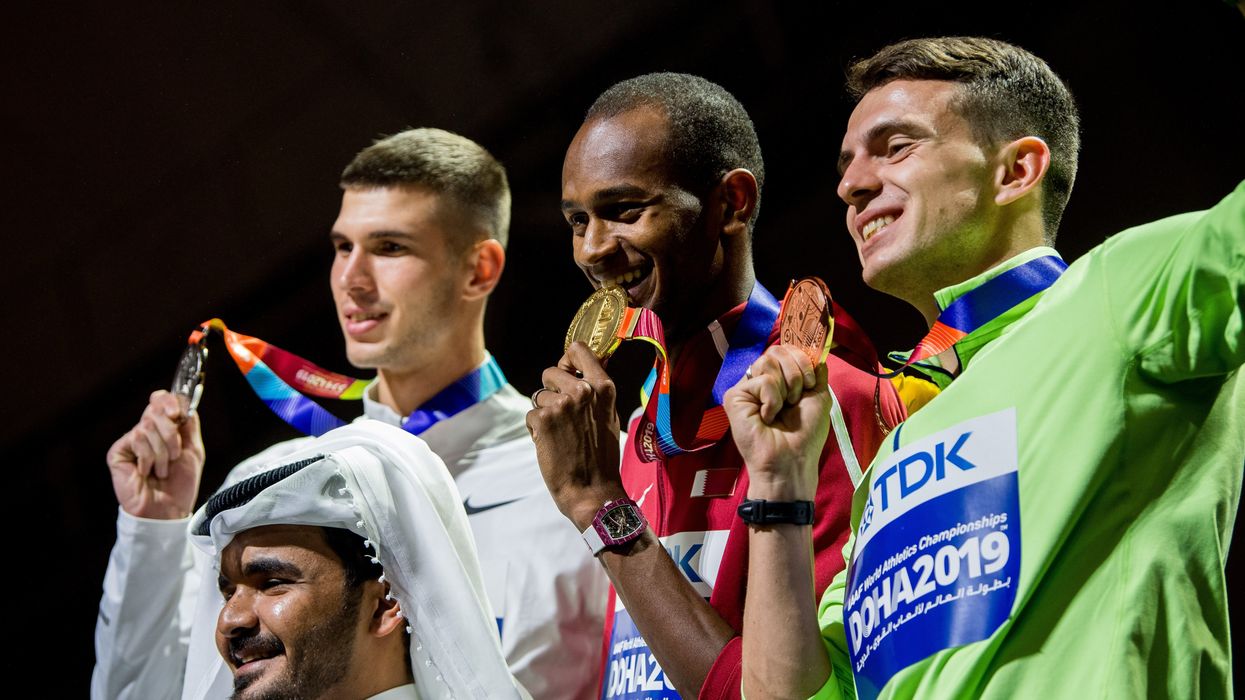GZERO World Clips
Ian Explains: Why authoritarian rulers love the Olympics
Ian Bremmer explains how authoritarian regimes use the Olympic Games as a tool for political propaganda, despite the International Olympic Committee's insistence that the Olympics promote democratic values around the world.
Jul 26, 2024



